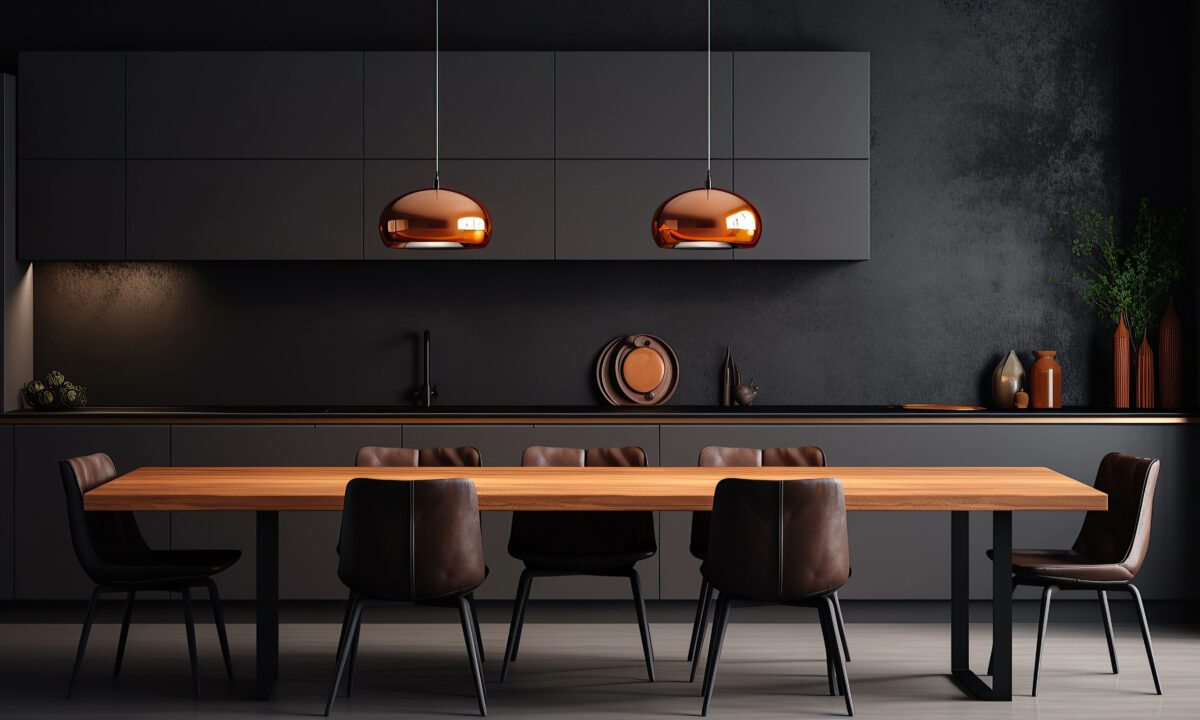Selling your home often means opening your doors to potential buyers, real estate agents, and even curious neighbors. While it’s important to make your home accessible for showings, you don’t have to give up your sense of privacy in the process. Striking a balance between showcasing your home and maintaining your personal space is key. In this post, we’ll share tips on how to sell your home without sacrificing your privacy.
1. Limit Personal Information on Display
One of the simplest ways to protect your privacy during the selling process is to remove personal items that could reveal too much about your lifestyle. Potential buyers are trying to envision themselves living in the space, so depersonalizing your home helps them focus on the property itself.
- Remove Personal Photos: Take down family photos or anything that could reveal personal details about you and your loved ones.
- Secure Valuables: Put away expensive or valuable items like jewelry, electronics, and important documents. Keeping them out of sight during showings reduces the risk of theft or damage.
- Take Down Diplomas, Awards, or Bills: Any items that reveal your full name, address, or other personal information should be removed from common areas to protect your privacy.
2. Choose Private Showings Over Open Houses
While open houses can bring in more foot traffic, they also make it harder to control who enters your home. Anyone can walk through the door during an open house, which can feel like an invasion of privacy, especially if you’re still living in the home.
Opting for private showings by appointment allows you to better manage who comes into your home. You can limit access to serious buyers who are more likely to respect your space. This option gives you greater control over the number of people walking through your home.
3. Limit Online Exposure
Online listings are a crucial part of marketing your home, but they can also expose too much about your property. While photos and videos are important to attract buyers, you can still control how much detail is shared online.
- Be Selective with Photos: Work with your real estate agent to choose photos that highlight the best features of your home without giving away its entire layout. For instance, avoid showing close-up images of alarm systems, safe locations, or overly personal spaces.
- Omit Certain Details: If privacy is a concern, ask your agent to limit specific details in the online listing, such as the exact address. Instead, you can provide the general neighborhood or area to maintain some level of anonymity.
- Virtual Showings for Serious Buyers: If you’re concerned about having too many people walk through your home, consider offering virtual showings for serious buyers. This can be done through video tours or virtual open houses where buyers can explore the space without physically entering your home.
4. Control Access to Your Home
During the selling process, it’s crucial to control who has access to your home and when. Here are some ways to maintain privacy while making your home available for showings:
- Use a Lockbox with Restricted Access: Lockboxes allow real estate agents to access your home for showings, but you can ensure that only authorized agents and buyers can enter by using a secure, monitored lockbox system. Many systems offer digital tracking so you know exactly when someone enters your home.
- Request Advance Notice for Showings: Instead of allowing last-minute showings, request that agents and buyers provide a certain amount of notice before visiting. This gives you time to secure any personal items, clean up, and prepare your home for visitors.
- Designate Off-Limits Areas: If there are specific areas of your home that you want to keep private, consider closing off those rooms or spaces during showings. You can use signs or lock doors to indicate these areas are off-limits.
5. Work with a Trusted Agent
Your real estate agent plays a critical role in protecting your privacy throughout the selling process. Choose an agent who understands your concerns and can guide you on how to maintain your personal space while still marketing your home effectively.
- Clear Communication: Be upfront with your agent about your privacy preferences, whether that means limiting certain types of photos or having control over who enters your home.
- Professionalism: A trusted real estate agent will vet potential buyers, ensuring that only serious, qualified individuals tour your home. They’ll also help schedule showings at times that work for you, minimizing disruption to your daily routine.
6. Remove Security Cameras
If your home has security cameras or smart devices that record audio or video, it’s a good idea to disable them during showings. While it might seem like an extra layer of security, many buyers could feel uncomfortable knowing they are being recorded. Additionally, some states have laws against recording individuals without their consent.
To avoid any legal or ethical issues, it’s best to temporarily turn off or remove cameras during buyer visits.
Conclusion: Selling with Peace of Mind
Selling your home doesn’t mean giving up your privacy. With a few thoughtful steps, you can keep your personal life secure while presenting your home to potential buyers. By limiting personal details, opting for private showings, and working with a trusted real estate professional, you can sell your home with confidence—knowing your privacy is protected.
If you’re thinking about selling and want guidance on how to manage the process while maintaining your privacy, I’m here to help. Let’s work together to make sure your home is showcased without sacrificing your personal space.

